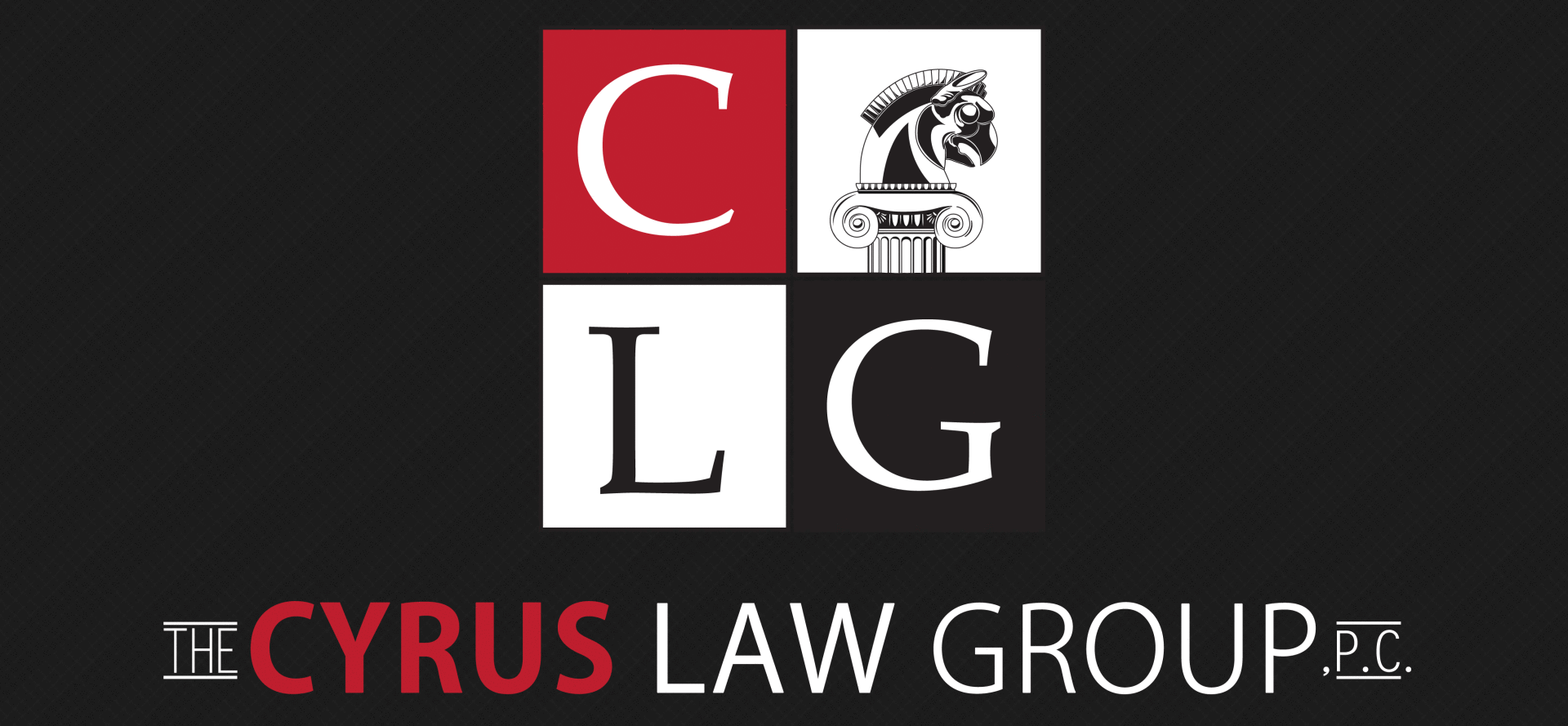Back in September, writer Meghan Herning posted a lengthy critique of Taylor Swift to the blog PopFront entitled “Swiftly to the alt-right: Taylor subtly gets the lower case kkk in formation.” In it, Herring describes how the alt-right has latched onto Swift’s songs in the past, and argues the lyrics and video for her latest single, “Look What You Made Me Do,” and the accompanying music video bear “uncanny and unsettling” similarities to Hitler’s rallies.
Swift’s camp was, perhaps understandably, less than pleased. But rather than address the opinion directly via a statement or interview, Swift sent Herning a cease and desist letter, asking that the post be removed. Herning, perhaps understandably, sought the counsel of the American Civil Liberties Union. And rather than acquiesce to Swift’s demands, the ACLU sent a pretty sternly worded letter of its own.
A Celebrity Has to Shake It Off
Questionable opinions about the meaning of art and the intent of artists might be the most plentiful resource on the planet, and, as the ACLU points out, such opinions are pretty clearly protected by the Constitution:
“As you no doubt appreciate, Ms. Swift, as a celebrity and household name, is a general public figure under the First Amendment… Thus, the statements on the blog are protected by the First Amendment unless they are demonstrably false and you can show that the author made them knowing that they were false or with reckless disregard as to whether they were false… Criticism is never pleasant, but a celebrity has to shake it off, even if the critique may damage her reputation.”
To make matters worse, Swift’s attorney, William J. Briggs, II, chose to address the accusation that Swift’s failure to publicly condemn the white supremacists adopting her songs as anthems “means support for the oppressor” by threatening Herning to keep the cease and desist letter a secret, lest she face further litigation: “It is not without irony that at one point you ask that your ‘letter stand as yet another unequivocal denouncement by Ms. Swift of white supremacy and the alt-right,’ but then purport to forbid anybody from making the letter public.”
Reputation Damage
Herning had her own response to Swift’s cease and desist letter:
“This tactic can set a dangerous precedent because it would mean any public figure could chill any criticism levied at them. At a time when the press is under constant attack from the highest branches of government, this cease and desist letter is far more insidious than Swift and her lawyer may understand. The press should not be bullied by legal action nor frightened into submission from covering any subject it chooses.”
That legal action may never come — the ACLU requested a response from Swift by November 13th. But if it does, we’ll be ready for it.
Related Resources:
- The ACLU Defends Blogger Who Linked Taylor Swift With White Supremacy (The Verge)
- Cease and Desist, B**ch: Omarosa v. Pettifleur Book Battle (FindLaw’s Celebrity Justice)
- Taylor Swift Could Be 1st Musician to Trademark Lyrics: Report (FindLaw’s Celebrity Justice)
- Lyrical Court Tells Taylor Swift to Shake It Off (FindLaw’s Celebrity Justice)
